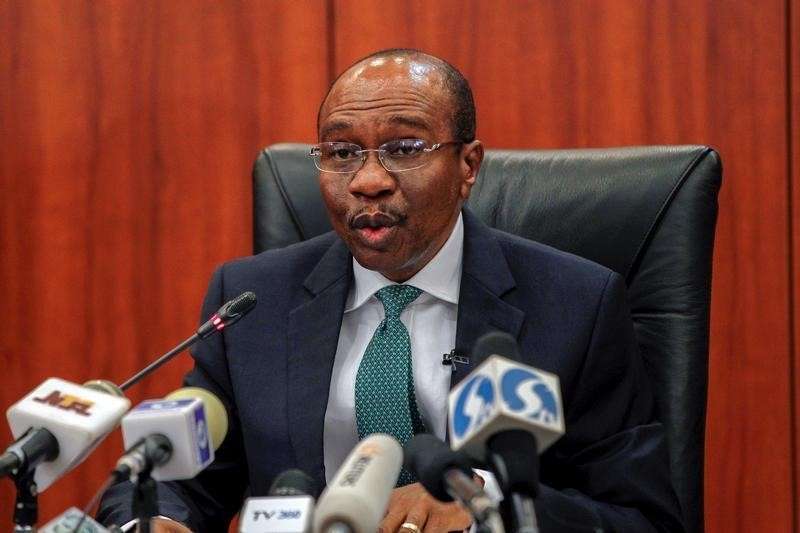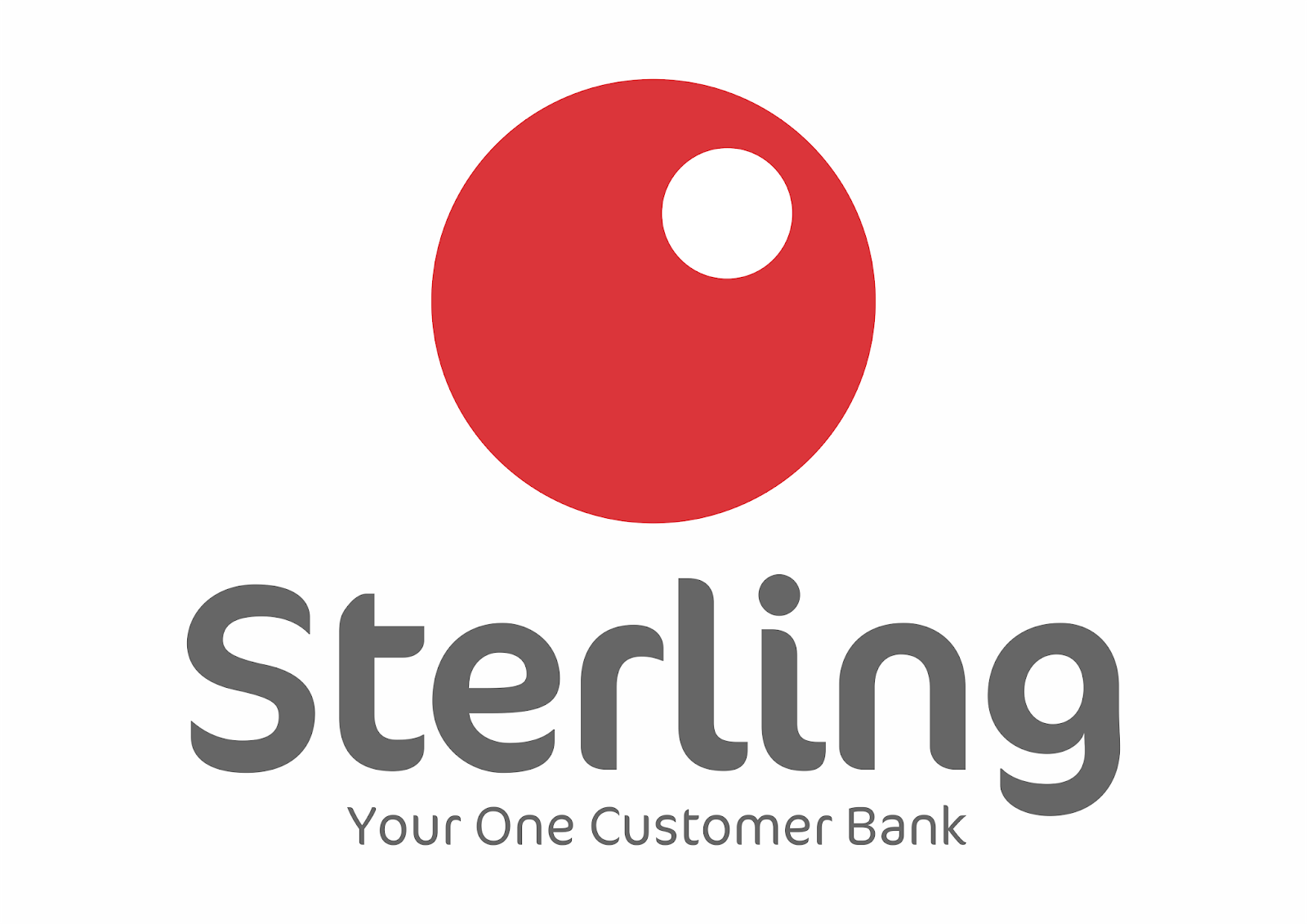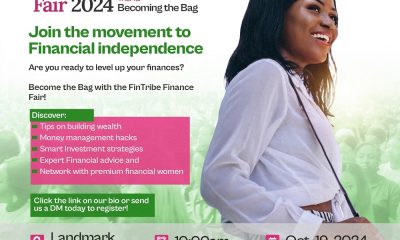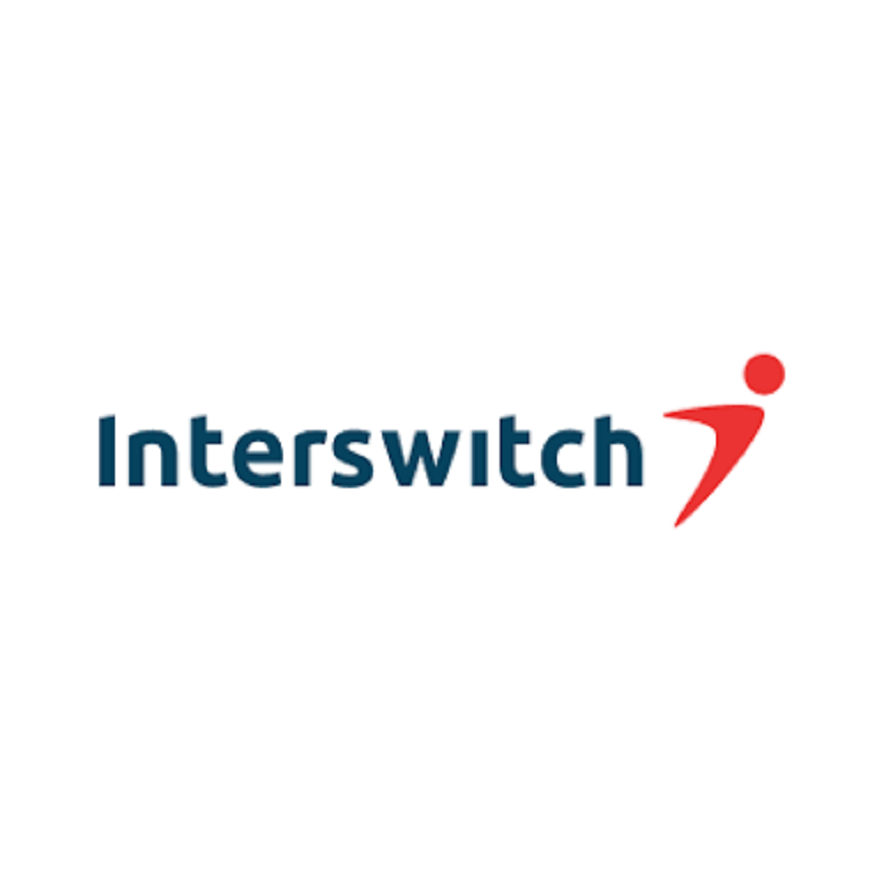Banking
CBN Admits Failing to Reduce Nigeria’s Unbanked Population

By Dipo Olowookere
The Central Bank of Nigeria (CBN) has admitted failing to reduce the number of unbanked people in the country as it had projected, but emphasised that it would continue to deepen financial inclusion in rural areas, which mainly don’t have access to banking services.
The apex bank, which is in the forefront of financial inclusion in the country, said much more is needed to be done to achieve the 2020 target of reducing the number of unbanked Nigerians to 20 percent.
The Director of Banking & Payment Systems at the CBN, Mr Dipo Fatokun, said at the moment, Nigeria’s unbanked population stands at 37 percent.
“We have not done much with just less than two years to 2020. At the last count, we are just 37 percent. A lot of work needs to be done,” Mr Fatokun said at the third Annual Banking Security Summit organised by MAXUT Consulting in partnership with OneSpan, global data security company last Thursday in Lagos.
The central bank director recalled that in 2010 in Mexico, the CBN made a commitment to reduce the population of unbanked Nigerians to at least 20 percent by 2020.
“We made a commitment in Mexico then to reduce the number of unbanked to at least 20 per cent by 2020, then in 2010 we observed that over 46 per cent of bankable Nigerians didn’t have access to financial services.
“This was a major concern to the CBN and we made a commitment that in 10 years time, we would reduce the figure to far below 20 percent, Mr Fatokun, who was represented by Mr Musa Jimoh, CBN Deputy Director, Banking & Payment Systems Department, said at the event.
Mr Fatokun one of the things that kept people away from banks was charges.
Delivering a keynote address on ‘Preparing for Open Banking in Nigeria,’ Mr Fatokun said a survey conducted years ago showed that people were afraid to bring their monies to banks because of banking charges, and that complex experienced in opening of accounts contributed to the trend.
But he said the apex bank had to introduce several policies to promote financial inclusion in the country such as mobile money to enable banks provide banking services to the poor.
He also said the CBN had a review of bank charges to reduce with a view to reducing them as well as the introduction of super agents.
According to him, the apex bank also reviewed Know Your Customer guidelines to tone down the requirements for opening Tier 1, Tier 2 and Tier 3 bank accounts to promote financial inclusion.
He noted that no nation could progress or truly develop if majority of its population was under-banked or had no access to financial services.
Banking
Sterling Bank, AltBank Meet Full Recapitalisation After N153bn Injection

By Modupe Gbadeyanka
The banking subsidiaries of Sterling Financial Holdings Company Plc, Sterling Bank and The Alternative Bank (AltBank), have met the full recapitalisation requirements of the Central Bank of Nigeria (CBN).
The chief executive of Sterling Holdings, Mr Yemi Odubiyi, said the recapitalisation strengthens the group’s ability to support economic activity while maintaining financial resilience.
“This exercise goes beyond regulatory compliance. It positions us to expand credit responsibly, accelerate innovation, and provide sustained support to businesses and households, while maintaining the discipline required in a challenging operating environment,” he said.
Mr Odubiyi noted that fully capitalising both Sterling Bank and The Alternative Bank reinforces the organisation’s dual-bank structure and its ability to serve conventional and non-interest segments.
“Our structure enables efficient deployment of capital across complementary markets and positions us to respond with agility to evolving customer needs,” he said, adding that strong investor participation across the capital programmes reflects confidence in the group’s governance and long-term strategy.
He further pointed out that the strengthened balance sheet provides a platform for the company’s next phase of growth.
“We are entering this phase from a position of significant financial strength, with the capacity to scale non-banking businesses, deepen digital capabilities, and pursue disciplined expansion opportunities while delivering sustainable value for shareholders,” Mr Odubiyi said.
Sterling Holdings achieved this feat after raising fresh capital between December 2024 and October 2025, positioning itself well ahead of the 2026 industry deadline.
In December 2024, it completed a N75 billion private placement, raising N73.86 billion in net proceeds. Of this amount, N68.8 billion was allocated to Sterling Bank and N5 billion to The Alternative Bank, strengthening the capital base of both institutions.
This was followed by a N28.79 billion rights issue, which was oversubscribed by N10.29 billion. Regulatory approvals in May 2025 enabled the allotment of N26.639 billion under the rights issue, with the oversubscription restructured into a private placement, enabling AltBank to meet the capital requirement for non-interest banks with national licences.
Sterling HoldCo further strengthened its capital position through an N88 billion public offer in October 2025, which recorded an oversubscription. The CBN has cleared the full amount of N96.69 billion for recognition as additional capital, while the Securities and Exchange Commission (SEC) approved the allotment of 13,812,239,000 shares.
In total, the group injected N153 billion into Sterling Bank and The Alternative Bank, bringing both institutions into full compliance with the revised capital requirements.
Banking
SERAP Sues CBN Over Alleged Missing N3trn

By Adedapo Adesanya
The Socio-Economic Rights and Accountability Project (SERAP) has filed a lawsuit against the Central Bank of Nigeria (CBN) for failing to account for N3 trillion in public funds, alleged to be missing or diverted.
The lawsuit followed the grave allegations contained in the latest annual report by the Auditor-General of the Federation, published on September 9, 2025. It includes over N629 billion paid to ‘unknown beneficiaries’ as part of the Anchor Borrowers’ Programme.
In the suit number FHC/ABJ/CS/250/2026 filed last week at the Federal High Court in Abuja, SERAP is seeking: “an order of mandamus to direct and compel the CBN to account for and explain the whereabouts of the missing or diverted N3 trillion of public funds, including detailed reports of how exactly the funds were spent.”
In the suit, SERAP argued that, “These grim allegations by the Auditor-General suggest grave violations of the public trust, the provisions of the Nigerian Constitution 1999 [as amended], the CBN Act, and anticorruption standards.”
SERAP is arguing that, “These grave violations also reflect a failure of CBN accountability more generally and are directly linked to the institution’s persistent failure to comply with its Act and to uphold the principles of transparency and accountability.”
According to SERAP, “These violations have seriously undermined the ability of the CBN to effectively discharge its statutory functions and the public trust and confidence in the bank. The CBN ought to be committed to transparency and accountability in its operations.”
SERAP is also arguing that, “Nigerians have the right to know the whereabouts of the missing or diverted public funds. Granting the reliefs sought would advance the right of Nigerians to restitution, compensation and guarantee of non-repetition.”
The suit filed on behalf of SERAP by its lawyers: Ms Oluwakemi Agunbiade and Ms Valentina Adegoke, read in part: “According to the Auditor-General, the CBN in 2022 failed to remit over N1 trillion [N1,445,593,400,000.00] of ‘the Federal Government’s portion of operating surplus’ into the Consolidated Revenue Fund (CRF) account.”
“The Auditor-General fears that the money may have been ‘diverted.’ He wants the money recovered and remitted to the treasury.”
“The CBN also failed to recover over N629 billion [N629,040,000,000.00] paid to ‘unknown beneficiaries’ as part of the Anchor Borrowers’ Programme, a programme ‘meant to support farmers to ensure sustainable food production in the country,’” it said.
SERAP noted that the Auditor-General raised serious concerns over financial management at the apex bank, citing unaccounted intervention funds and unrecovered loans running into hundreds of billions of naira.
The report noted that the number of beneficiaries who collected certain disbursed funds remains unknown and that efforts to recover the money have been inadequate. Over N784.4 billion in unpaid and overdue loans issued between 2018 and May 2022 remain outstanding, with fears that diversion of funds may have worsened food security challenges. The Auditor-General has called for full recovery and remittance of the funds to the treasury.
Banking
We Now Pay Depositors of Failed Bank Within Days—NDIC

By Adedapo Adesanya
The Nigeria Deposit Insurance Corporation (NDIC) says depositors of failed banks in Nigeria can now access their insured funds within days.
The corporation said the development is a part of ongoing reforms aimed at strengthening confidence in the country’s financial system.
The chief executive of NDIC, Mr Thompson Sunday, disclosed this on Thursday at the NDIC Special Day of the 47th Kaduna International Trade Fair, noting that recent interventions had significantly improved the speed and efficiency of depositor compensation.
Represented by Mrs Regina Dimlong, the Assistant Director of Communications and Public Affairs, Mr Sunday said the corporation had successfully deployed the Bank Verification Number (BVN) system to facilitate prompt payments to customers of recently failed banks, including Heritage Bank Limited, Union Homes Plc and Aso Savings and Loans Plc.
“Depositors were paid within days of closure without the need to fill physical forms or visit NDIC offices.
“This is a part of our reform efforts to make depositor protection faster, simpler and more transparent,” he said.
According to him, the reforms were designed to restore public confidence in the banking system and prevent panic withdrawals, especially during periods of financial stress.
Mr Sunday explained that NDIC’s mandate spans deposit insurance, bank supervision, distress resolution and liquidation of failed banks, adding that the Corporation works closely with the Central Bank of Nigeria (CBN) to ensure early detection of risks in insured institutions.
He disclosed that in 2024, NDIC reviewed its deposit insurance framework, increasing coverage for depositors of Deposit Money Banks, Mobile Money Operators and Non-Interest Banks to N5 million, while customers of Microfinance Banks, Primary Mortgage Banks and Payment Service Banks are now covered up to N2 million.
He noted that the revised thresholds now guarantee full protection for about 99 per cent of depositors nationwide, particularly small savers and low-income earners.
The NDIC boss urged Nigerians to ensure their BVNs are properly linked to their bank accounts, stressing that this had become the primary channel for accessing insured deposits in the event of bank failure.
-

 Feature/OPED6 years ago
Feature/OPED6 years agoDavos was Different this year
-
Travel/Tourism10 years ago
Lagos Seals Western Lodge Hotel In Ikorodu
-

 Showbiz3 years ago
Showbiz3 years agoEstranged Lover Releases Videos of Empress Njamah Bathing
-

 Banking8 years ago
Banking8 years agoSort Codes of GTBank Branches in Nigeria
-

 Economy3 years ago
Economy3 years agoSubsidy Removal: CNG at N130 Per Litre Cheaper Than Petrol—IPMAN
-

 Banking3 years ago
Banking3 years agoSort Codes of UBA Branches in Nigeria
-

 Banking3 years ago
Banking3 years agoFirst Bank Announces Planned Downtime
-

 Sports3 years ago
Sports3 years agoHighest Paid Nigerian Footballer – How Much Do Nigerian Footballers Earn
























1 Comment